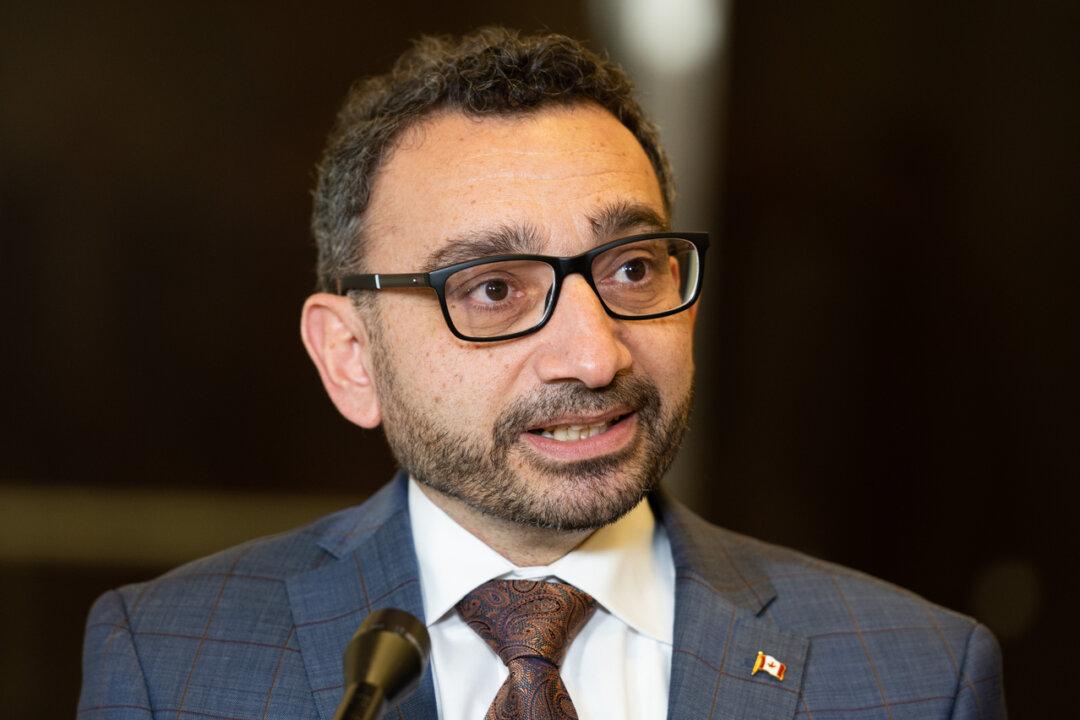Under proposed legislation recently introduced by the Liberal government, airlines will be required to address passenger complaints about poor service quality within 30 days of receiving them, says Transport Minister Omar Alghabra.
The legislation also adds other regulations to the Air Passenger Protection Regulations (APPR) that the minister says will close “loopholes” for airlines and make more passengers entitled to compensation under certain service conditions, such as having their flights cancelled shortly before departure or when passengers’ luggage is lost by an airline.





